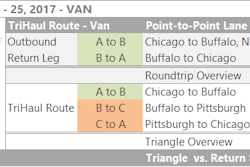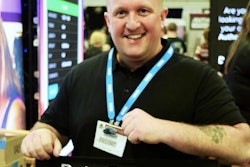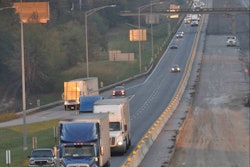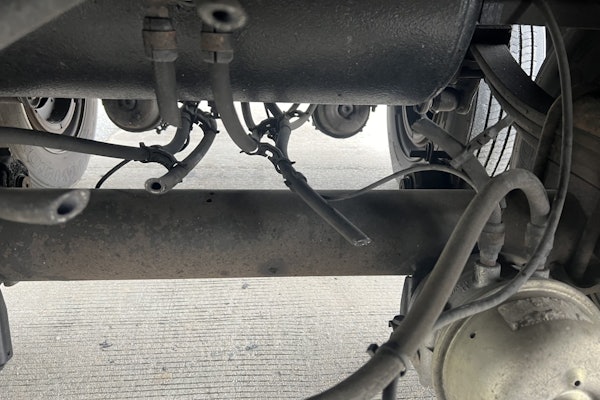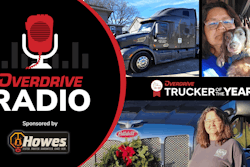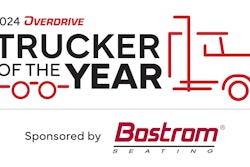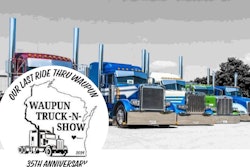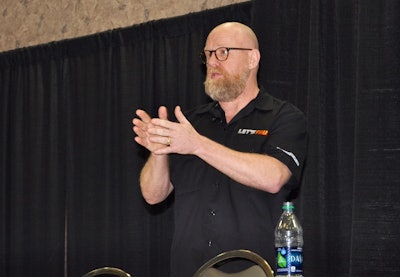 Kevin Rutherford led several seminars last week at the Mid-America Trucking Show, where he encouraged owner-operators to build better relationships with brokers.
Kevin Rutherford led several seminars last week at the Mid-America Trucking Show, where he encouraged owner-operators to build better relationships with brokers.The best way to get a preferred status with brokers is to go the extra mile to develop relationships with them, said speakers last week at a Truckstop.com seminar at the Mid-America Trucking Show in Louisville, Kentucky.
“You always give more than you take,” said Kevin Rutherford, trucking radio host and owner of LetsTruck.com. When both parties do that, “the relationship grows.”
Rutherford and Brent Hutto, Truckstop.com’s marketing director, stressed research and preparation for anyone considering getting their own operating authority.
For those whose business model is working with brokers, Rutherford advised going to meet any prospective brokers. “Tell them your story,” highlighting your special value and explaining your interest in finding a partner.
Responding to a question about the chance to interview the broker, Rutherford stressed not being too demanding: “They’re the customer. You’re selling yourself.” Instead, see what value you can provide to earn trust.
Not only should you not expect the best freight, being new to the relationship, but ask the broker to “give me your worst load,” he said. “Then figure out a way to solve that problem.” If you can provide good service in spite of the load’s handicaps, that immediately sets you apart and helps establish trust in the relationship “because nobody else does it.”
One of the most common problems with independents using a broker-based business model is “chasing rates” instead of building relationships with a handful of brokers. When loads are picked at random, “it’s almost impossible to build relationships,” Rutherford said.
When he was an accountant, doing owner-operator tax returns, Rutherford said he would see some independents with 300 separate 1099 forms because they had dealt with that many different brokers, he said.
Choosing loads randomly “is just a lousy model,” Rutherford said. “Stop doing that.” While the initial phase of building relationships can take months, the benefit is “you set yourself apart from everybody else in the industry.”
It’s also difficult to negotiate higher rates when you’re new to a broker because there is no basis of trust.
“People do business with people they like, know and trust,” Hutto said. A broker who trusts you and knows your skills will be more willing to negotiate a higher rate or to call you first to offer certain loads.
Having relationships with trusted owner-operators also helps the broker, they said, because it takes time to onboard a new operator into a brokerage’s system. “The velocity of freight is the most important thing to a broker,” Hutto said.


